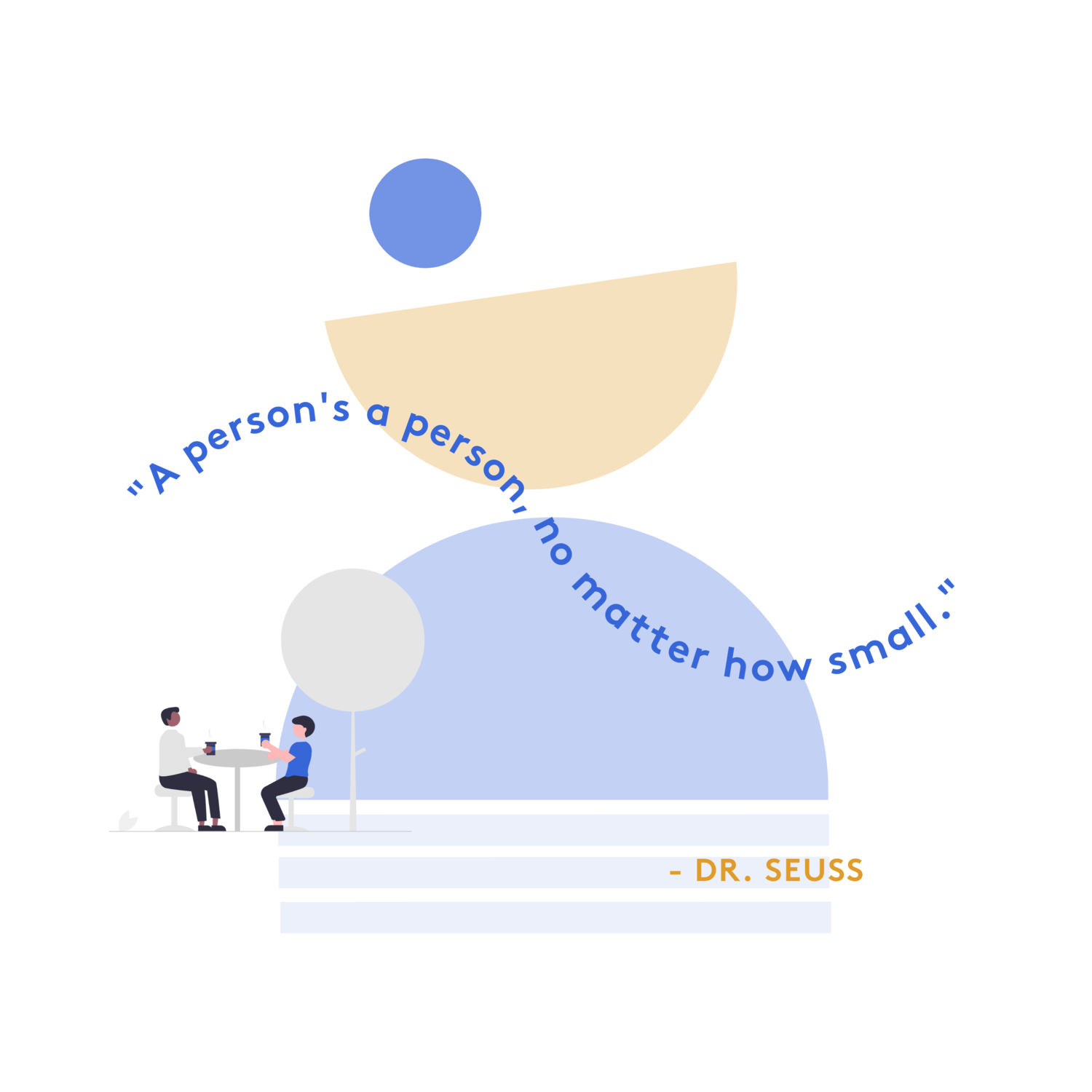The Early-Stage Empathy Superpower
The world is colored with uncertainty right now, which has left many of us feeling and behaving atypically fragile, angry, withdrawn and/or distracted. In an attempt to keep the uncertainty from eating us alive, we’re taking the “business per usual” approach.
While that approach works in certain areas of business, let us caution you, it is not working on the recruiting front. Candidates are raw; they too are working through fear and uncertainty in their personal and professional lives.
How do you meet your headcount goals during this continued season of uncertainty? Empathy.
Here are three practical tips for infusing your recruiting process with game-changing empathy.
1) Present your best offer.
We’re looking at a 69% talent shortage across the US, so when you find the right candidate for your company, and that candidate wants you back, don’t low-ball.
A low-ball offer elicits anger, resentment, invalidation and distrust. Per HBS Professor Allison Wood Brooks, “it (anger) reduces joint gains, decreases cooperation, intensifies competitive behavior, and increases the rate at which offers are rejected.” (Source: HBR)
Instead, present your best offer with transparency, humble confidence and a collaborative spirit.
2. Be open to second chances
You’ve fallen in love with a candidate. They’ve shown great potential and aptitude throughout the entire interview process. And then, they bomb the final presentation.
Rather than disqualify them on the spot, what if you let them conduct a self-assessment - call out where and why they missed the mark? And then, what if you gave them additional feedback and asked them to redo the presentation?
Sometimes a second chance is the most telling step in the whole interview process.
3) Master the panel interview
You know it’s important to have a candidate meet your team, but oftentimes, the panel interview gets messy. Team members show up late, they don’t know their role in the interview, they don’t have the appropriate context on the candidate, etc.
Empathy lives in the details. Be sure the panel interview is well-organized. That means every team member has context on the candidate, knows the objective of the panel interview and what role they should play, so the candidate feels known and respected.

